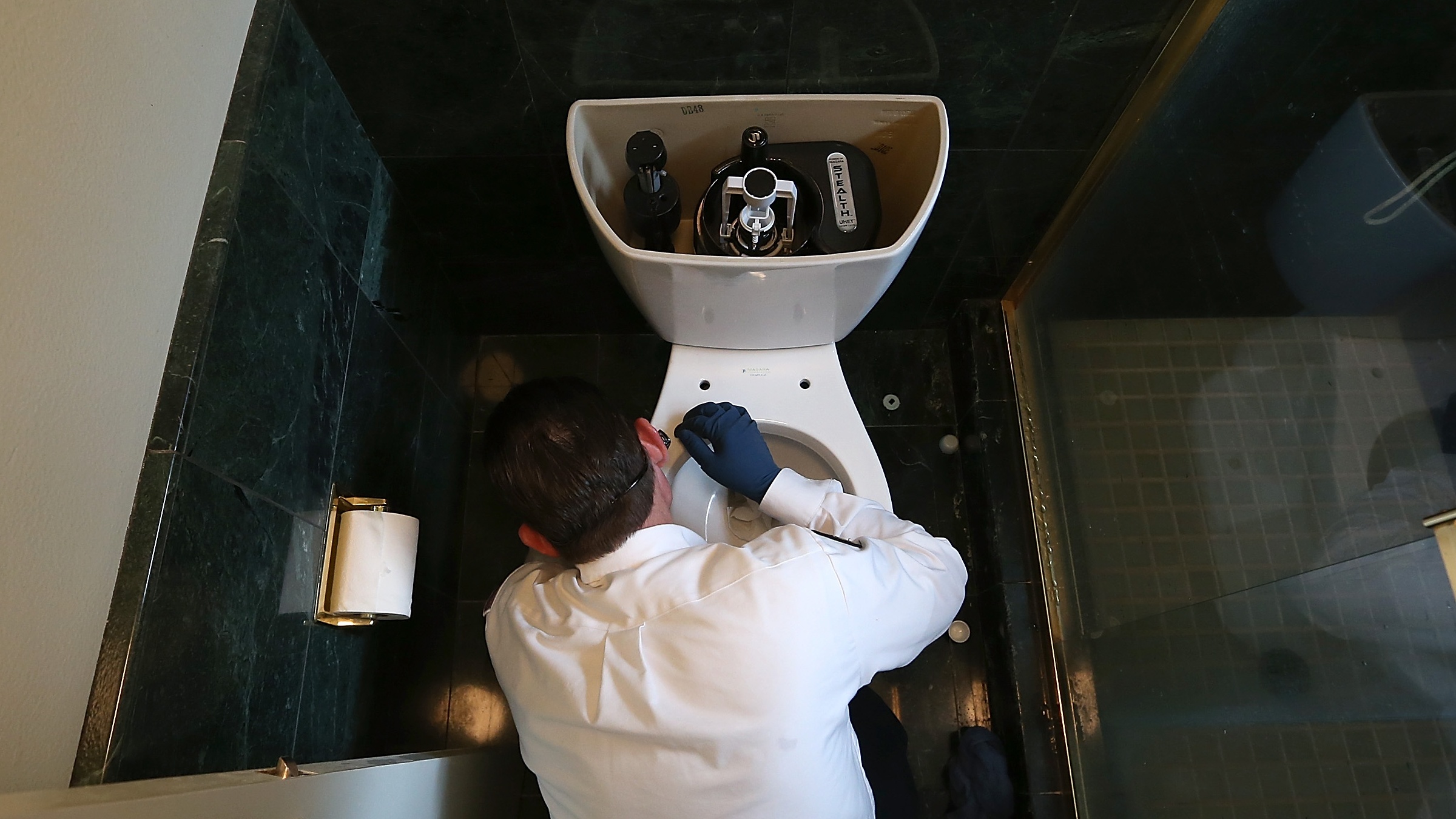Government to reveal self-employed support package: what to expect
Chancellor tipped to offer self-employed 80% of their recent earnings - but with a lower cap than PAYE workers

A free daily email with the biggest news stories of the day – and the best features from TheWeek.com
You are now subscribed
Your newsletter sign-up was successful
The chancellor is set to announce a package of support for self-employed workers facing financial difficulties because of the coronavirus pandemic.
Rishi Sunak is expected to finally unveil the plan later today after stating that drawing up the measures had proven to be “incredibly complicated”.
The government has been under growing pressure to support the self-employed, amid fears that many will be left financially stranded by the outbreak and forced to keep working even if they have symptoms.
The Week
Escape your echo chamber. Get the facts behind the news, plus analysis from multiple perspectives.

Sign up for The Week's Free Newsletters
From our morning news briefing to a weekly Good News Newsletter, get the best of The Week delivered directly to your inbox.
From our morning news briefing to a weekly Good News Newsletter, get the best of The Week delivered directly to your inbox.
Dr Adam Marshall, director general of the British Chamber of Commerce, told the Daily Mirror people’s livelihoods could vanish “in the blink of an eye”.
What is the chancellor expected to announce?
The Guardian says the taxpayer is expected to pay self-employed workers up to 80% of their recent earnings to help contain the economic impact of coronavirus.
However, it adds, some groups, including those already claiming universal credit, could be excluded.
A free daily email with the biggest news stories of the day – and the best features from TheWeek.com
The Telegraph speculates that Sunak could follow the example of Denmark and Norway by promising to pay contractors a proportion of their income calculated using their earnings over the past few years. Or, it says, he could adopt a French-style model and offer a flat payment for anyone whose earnings drop by more than 70%.
–––––––––––––––––––––––––––––––For a round-up of the most important stories from around the world - and a concise, refreshing and balanced take on the week’s news agenda - try The Week magazine. Get your first six issues for £6–––––––––––––––––––––––––––––––
How would this compare to PAYE workers?
Boris Johnson promised yesterday that the government was preparing to “put its arms around every worker”. Although he suggested that the self-employed would be offered “parity” with pay-as-you-earn tax (PAYE) employees, Whitehall sources said later that the prime minister’s words did not mean the two schemes would be identical.
Sunak’s help for the self-employed could be subject to a lower cap than the £2,500 in monthly pre-tax income available to staff employees, because the self-employed tend to pay less tax.
Why has it been complicated?
Sunak said there were “genuine practical” problems with bringing forward a suitable scheme.
Of the five million people defined as self-employed at any one time, around one million were self-employed last year but are not now. Another million who were not self-employed last year now are.
The BBC’s business editor Simon Jack says the wages of the self-employed can be “lumpy, irregular and intermittent”, so “defining their regular pay packet is very hard and therefore difficult to underwrite accurately”.